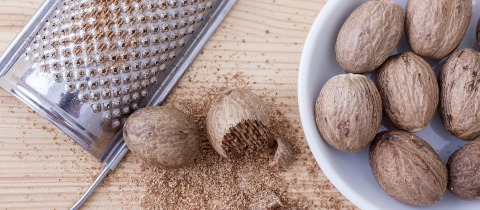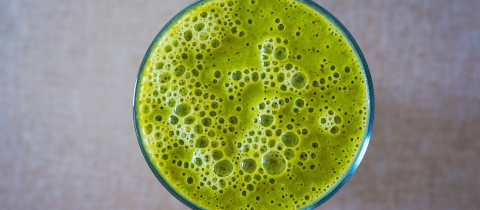Had a question from a gentleman with a history of bloating after meals. He had a particularly bad episode after a dinner that included chicken Florentine soup and he wondered whether the “nutritional yeast” added to the soup could be the cause. Nutritional yeast is just an inactivated form of the yeast that has been used for brewing beer and making wine for millennia. Because it has been inactivated with heat or salt, it does not cause fermentation, that is it does not convert sugar into alcohol. It is basically composed of protein with a good load of vitamins and minerals and has commonly been used as a dietary supplement. Indeed, Marmite and Vegemite are two formulations of the yeast that are popular in the UK and Australia, although having tasted these, I can't understand why.
Nutritional yeast is basically used to add flavour to foods. Part of the effect is due to its natural content of glutamic acid which brings out flavour. Indeed, glutamate is the active component of the classic flavor additive monosodium glutamate (MSG). Some people do have an adverse reaction to glutamate but it is rare. It is, however, possible that some other component in nutritional yeast can cause a problem in susceptible individuals. Idiosyncratic reactions to food are not uncommon. The only way to determine if the yeast causes a problem is to carry out a challenge. Has anyone experienced an adverse reaction with nutritional yeast?







